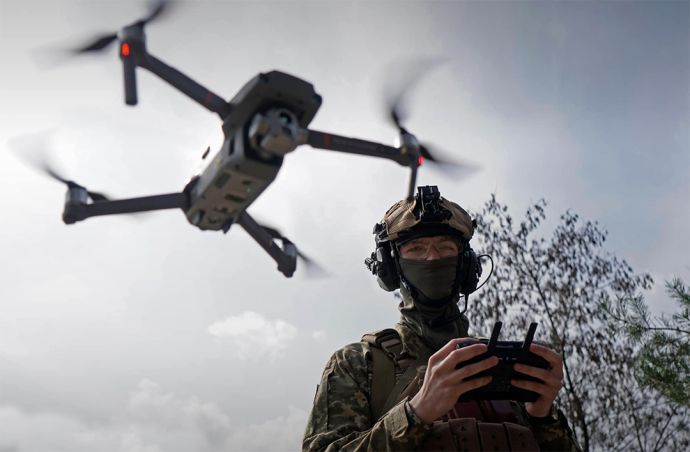The Lithuanian government plans to supply Ukraine with its first FPV drones worth €5 million in September.
This was reported by LRT.
“It is planned that the first FPV drones to be purchased (from Lithuanian manufacturers) can be transferred to Ukraine in the second half of September,” the Lithuanian Ministry of Defence said.
Last week, the ministry said that combat drones from five Lithuanian manufacturers had passed the Ukrainian Defence Ministry’s tests in frontline conditions and would be sent to Ukraine.
This was the second attempt, as the Lithuanian drones failed the first test.
According to the ministry, FPV drones from eight Lithuanian companies were tested in Ukraine in two stages, and technical problems arose at the initial stage of flights in an operational environment.
Lithuanian Defence Minister Laurynas Kasciunas said that Lithuania is considering purchasing UAVs from the manufacturers that have passed the tests.
“In the future, it is planned to continue the practice of testing drones in Ukraine before purchasing them,” the ministry said.
Currently, it is planned to supply Lithuanian-made drones worth EUR 5 million to Ukraine, as well as to allocate drones worth up to EUR 3 million for the needs of the Lithuanian Armed Forces. The remaining funds under the €10 million programme will be used to purchase reconnaissance drones for Ukraine.
In early July, Lithuania signed contracts worth a total of €36 million to purchase various types of drones from Lithuanian, Latvian and Estonian manufacturers.
The Ministry of Defence expects most of the drones to be delivered this autumn, with the rest arriving in early 2025.
The ministry says that the procurement is being carried out on an accelerated basis to enhance the capabilities of the drones and integrate them into the Lithuanian Armed Forces as soon as possible.
Read also: Oil continues to rise due to tensions in the Middle East













